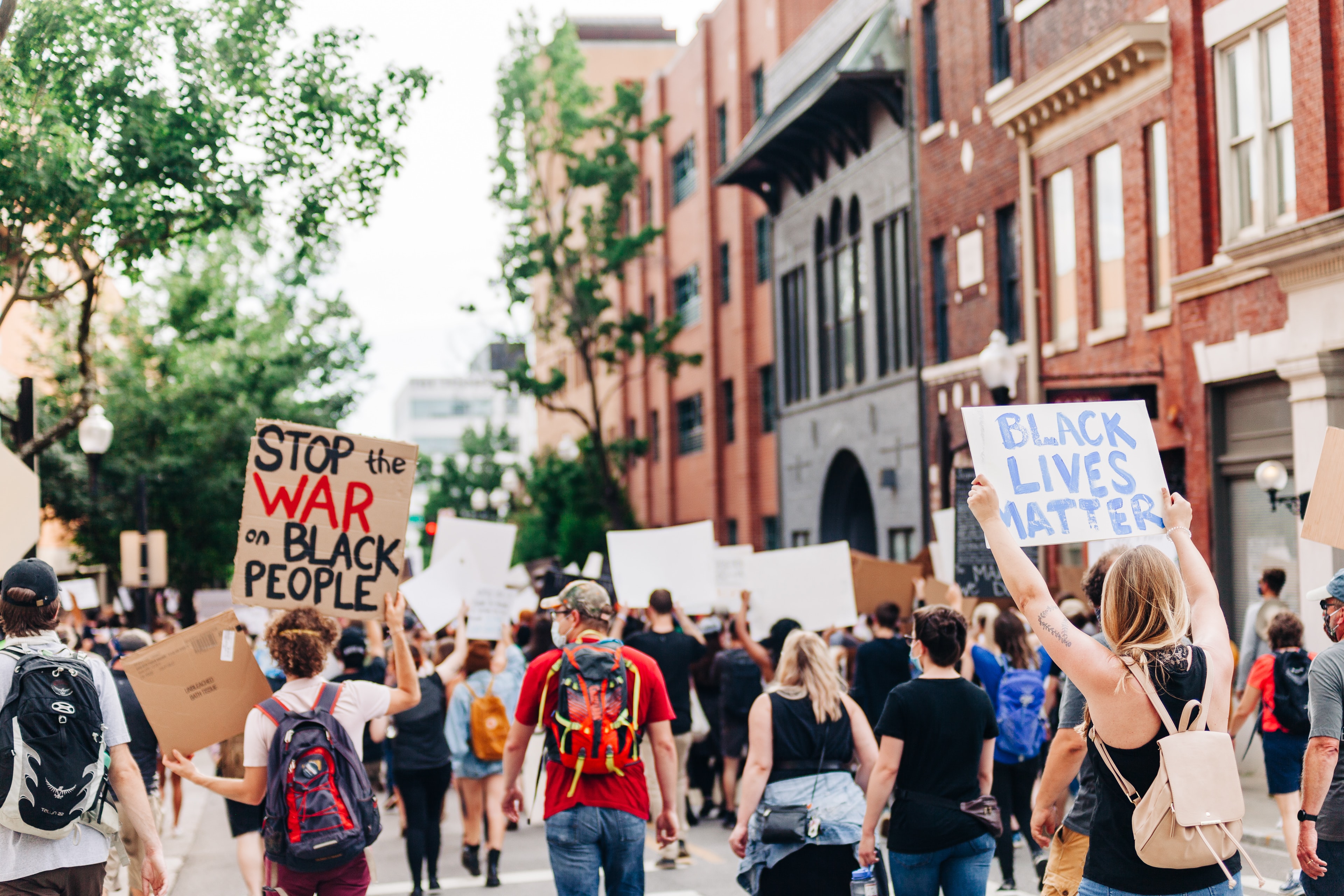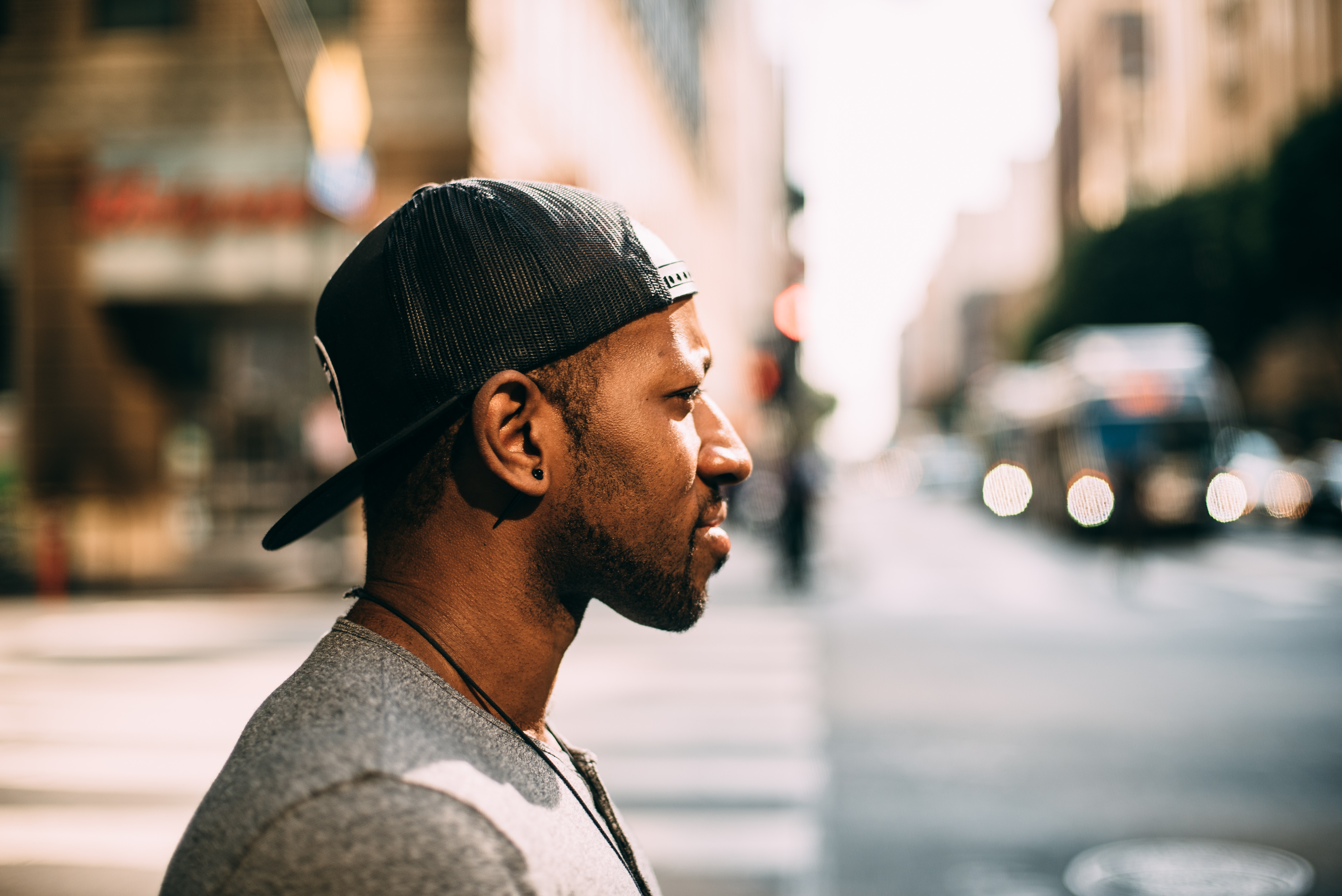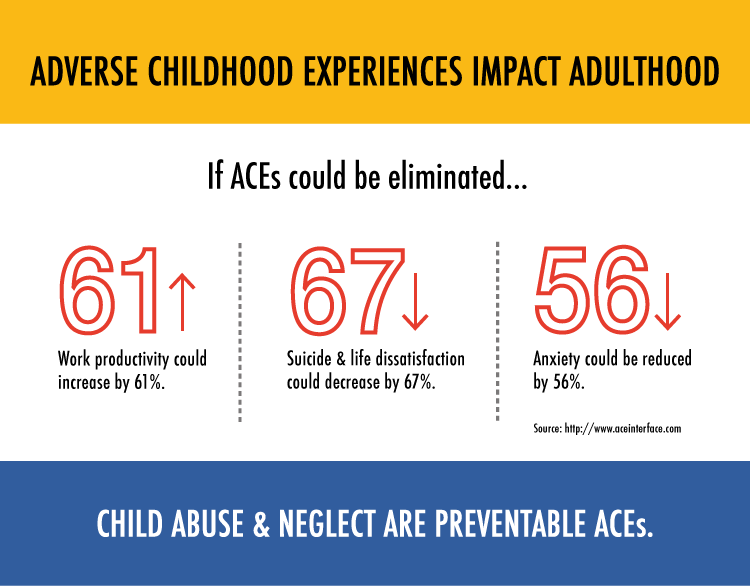Yes, you can be “successful” and feel like shit
Restauranteur Chef David Chang has it all. At least on the surface. He’s the founder of a gazillion restaurants, is star of the TV show Ugly Delicious, and has won too many awards to count (really). He. Has. It. Made.
Except he doesn’t. In recent interviews publicizing his new memoir, he’s naming what’s been beneath the surface even as he’s been accumulating accolades: depression and bipolar disorder. I was really moved to hear this interview with him, and in particular his naming that professional success is not a protective factor when it comes to mental health. In other words – it’s great if you’re rolling in money, and have an awesome job, and people adore you. But checking off those boxes and looking good on paper, on the surface, doesn’t guarantee ANYTHING about your mental health.
I’m so glad David Chang is speaking up. So many of my clients believe they “shouldn’t” be feeling like shit because their life looks good on paper. (And there are some specific barriers that get in the way of Asian Americans speaking up about mental health challenges.)
I’m grateful for all those famous folks like David Chang who are speaking up about their experiences with depression (including Trevor Noah, Michelle Obama and Lady Gaga, to name a few). Each person who speaks up helps reduce the stigma of mental health challenges. And when we reduce stigma, we bring light to darkness – and it’s THEN that we can get and receive help.






